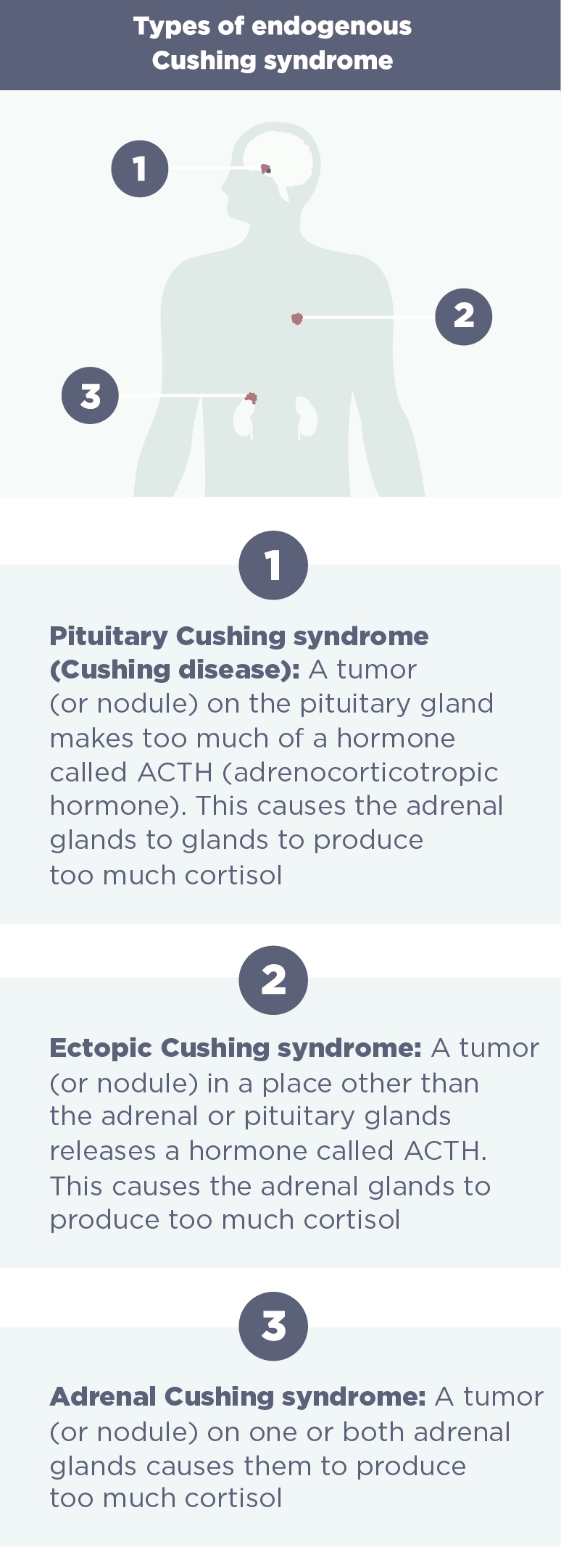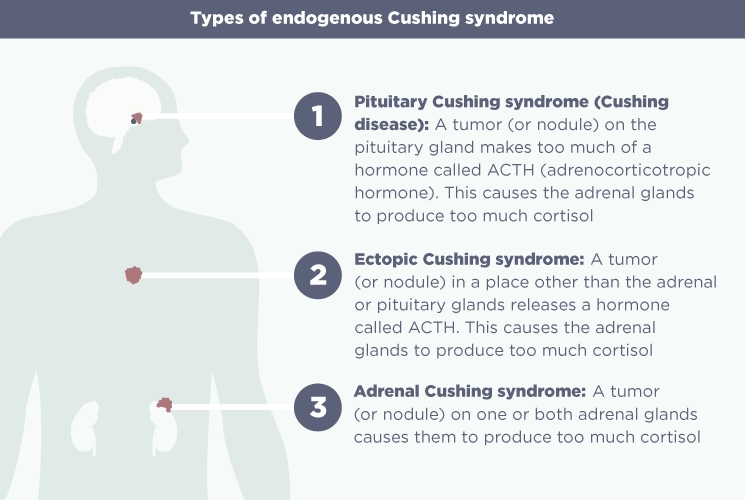Important Safety Information
What is the most important information I should know about Korlym?
Korlym can cause serious side effects, including:
- Loss of a pregnancy. Women who can become pregnant must:
- have a negative pregnancy test before starting Korlym or before restarting Korlym if you stop taking it for more than 14 days
- use a non-hormonal form of birth control while taking Korlym and for one month after stopping Korlym. Talk to your doctor about how to prevent pregnancy. Tell your doctor right away if you think you may be pregnant.
Do not take Korlym if you:
- are pregnant
- are taking medicines that contain simvastatin, lovastatin, cyclosporine, dihydroergotamine, ergotamine, fentanyl, pimozide, quinidine, sirolimus, or tacrolimus
- must take corticosteroid medicines for other serious medical problems
- have experienced unexplained vaginal bleeding, changes in the cells lining your uterus (endometrial hyperplasia), or cancer of the lining of your uterus (endometrial cancer)
- are allergic to mifepristone or any of the ingredients in Korlym.
What Are the Possible Side Effects of Korlym?
Serious side effects of Korlym may also include:
- reduced effects of adrenal hormones (adrenal insufficiency). Tell your doctor right away if you have unusual tiredness or weakness, nausea, fatigue, low blood pressure (hypotension), low blood sugar (hypoglycemia)
- low blood potassium (hypokalemia). Your doctor should check the level of potassium in your blood before you start taking Korlym and while you take it. Tell your doctor if you have muscle weakness, aches or cramps, abnormal or irregular heartbeats (palpitations)
- bleeding from the vagina. Korlym may cause the lining of your uterus to become thick and may cause your uterus to bleed. Tell your doctor right away about any bleeding from your vagina that is not normal for you
- disruption of menstrual cycle
- problems with the electrical system of your heart (QT interval prolongation)
- worsening of symptoms of other medical problems that are treated with corticosteroids when you take corticosteroids and Korlym at the same time.
The most common side effects of Korlym include nausea, headache, pain in your arms and legs (arthralgia), swelling of your arms and legs (peripheral edema), dizziness, thickening of the lining of the uterus (endometrial hypertrophy), fatigue, low potassium in your blood, vomiting, high blood pressure, decreased appetite.
These are not all the possible side effects of Korlym. Call your doctor for medical advice about side effects. You are encouraged to report negative side effects of prescription drugs to the FDA. Visit www.fda.gov/medwatch, or call 1-800-FDA-1088.
Before taking Korlym, tell your doctor if you are pregnant or plan to become pregnant, have low potassium in your blood (hypokalemia), have or have had a bleeding problem or are taking medicines to thin your blood, have or have had heart problems, have had an organ transplant, have been taking medicines called corticosteroids (cortisone, dexamethasone, methylprednisolone, prednisolone, prednisone), are breastfeeding or plan to breastfeed.
You should not drink grapefruit juice while you take Korlym.
Tell your healthcare provider about all the medicines you take, including prescription and nonprescription medicines, vitamins, and herbal supplements. Using Korlym with certain other medicines may affect each other or may cause serious side effects.


